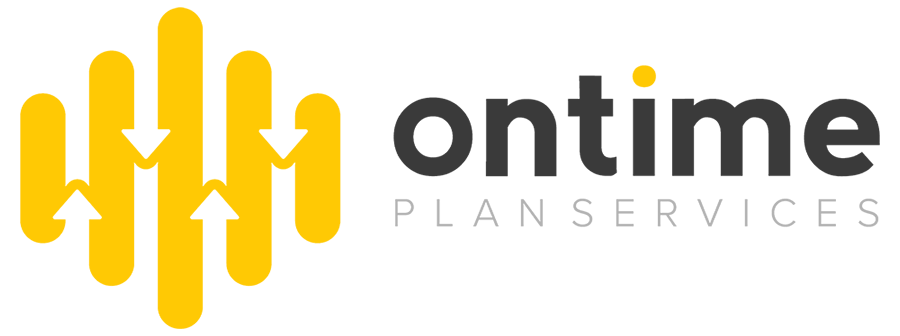General Information
NDIS plans can be confusing, especially if this is your first plan. The following is general information which applies to most NDIS plans. We have also given examples of what supports might be funded from each Core Supports category. We have separate posts explaining Capacity Building and Capital supports. If you have these in your plan, check out our other blog posts!
You may not have been funded for each category listed below. Check your plan to see which one/s apply to you. The NDIS guideline called “Your Plan” provides further information around using your plan.
NDIS letter
- This lets you know that your plan has been approved. It also shows the dates and total amount that was funded.
- There may be extra information at the end of this, before your actual plan, which could mention:
- Supports the NDIS has not funded you for, and why.
- Restrictions on some of your supports.
- You should check to see if there is any information in this section that affects how you can use your plan.
The Actual Plan
The first page shows your “My NDIS Contact”. This could be an NDIS planner, an Early Childhood Partner, or Local Area Coordinator (LAC). This is the person you contact if you need more specific information about funded supports in your plan.
Core Supports
Most Core Supports are usually flexible – your plan will show if this is the case.
- If supports are flexible, they can be used across categories that are all managed the same way. For example, if all categories in Core are plan managed, we can draw from any of them. If you run out of funds in one, you can ‘borrow’ from another.
Providers can claim travel (time and kms) and non-face to face tasks. They can also charge fees if you cancelled supports. Notice periods are 2-7 days depending on the support. You need to agree to these charges in advance (this is usually in your service agreement).
Assistance with Daily Life
- Assisting people at home with day-to-day needs.
- Examples of supports: Personal care (e.g. showering), helping you do things in your home (e.g. laundry, cooking, meal preparation); cleaning and mowing.
- The NDIS does not pay for ‘Everyday’ costs that are not disability related. Examples are regular home maintenance (e.g. carpet shampooing) or home repairs. We may need to obtain permission from the NDIS before paying for these items.
- Your use of supports must be reasonable and value for money. For example, the NDIS may not find it reasonable and necessary for you to have 10 hours of cleaning each week.
Assistance with Social, Economic and Community Participation
- Supporting you while you are in the community or at work.
- Supports could be individual (1:1) or in a group. If they are in a group, providers usually split the costs between all group members.
- Providers can charge if they are driving you in their car. Most providers will charge $1 per km of travel.
Consumables
- Disability related products that assist you to do things in your daily life.
- They must be low cost and low risk and need little advice or setup support to use them safely.
- Examples – continence products, adaptive utensils, HEN products.
- You cannot purchase ‘Everyday Items’ without written permission from the NDIS. Even if your therapist has written a letter of support, we may not be able to make the purchase for you.
Transport
- Transport funding is for when you do not have a support worker with you. For example, travelling in a taxi or ride share.
- If you have Transport funding, it could be plan managed or paid into your bank account.
- If Transport funding is plan managed, it becomes part of your flexible Core budget. We can only pay for actual services received; we cannot pay you directly.
Home and Living
- This category is not flexible and is treated differently to other Core supports. You cannot draw from this category for any purpose other than what has been listed.
- Home and Living supports fund your daily support needs like personal care or cooking. This could be in a group living situation, or individually.
NDIS Supports
- Must be reasonable & necessary for you, and in line with your goals.
- Must be spent ‘in line with your plan’. If the NDIS has given instructions on how your funding is to be used, we need to follow that.
- Must be budgeted so you do not run out of funding early.
- Must be an NDIS support. If in doubt, ask!
- Invoices and reimbursements have to meet guidelines.
Need Help?
You must use your plan as the NDIS intended you to use it. If you are not sure about anything, get in touch with someone and ask them. You could ask:
Further Information
Consult the NDIS Plan Implementation Directory for further assistance.
If your plan has Funding Periods, you might also like to read through our relevant blog post.
As always, feel free to get in touch with us if you have any questions.
Email: accounts@ontimeplanservices.com.au
Phone: 03 5446 5400
Text: 0429 800 482

Participant Guide to Funding Periods
UPDATED: Does your new NDIS plan have funding periods? Let us help you figure out what this means for you.

Your NDIS Plan: Capital Supports
Explaining your plan – what are Capital Supports and how do you know what you can spend them on?

Your NDIS Plan: Capacity Building Supports
Capacity Building supports in your plan could be flexible or stated – do you know the difference?

Your NDIS Plan: Core Supports
Do you have Core supports in your plan but don’t know what you can use them for? We give you examples and general guidelines.

